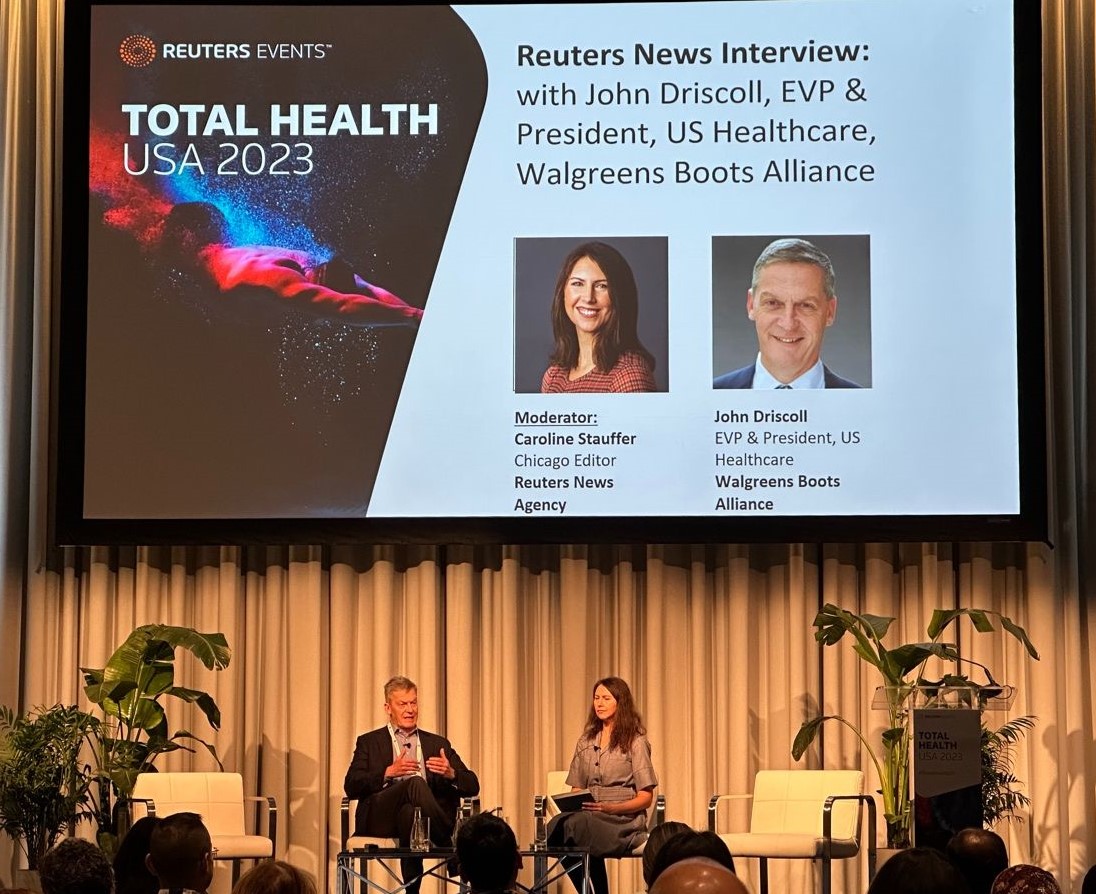
Why One CEO Thinks Drugs Won’t Be Able to Solve the Obesity Crisis
New research found that there are no racial disparities in weight loss results among patients taking obesity drugs. However, the study found that people of color have less access to services like behavioral care or surgical interventions, which are often needed in order for patients to lose weight and keep it off. To tackle this issue, Enara Health CEO Rami Bailony argued that the U.S. healthcare system must innovate the way it dispenses weight loss drugs, employing a more holistic care approach.













